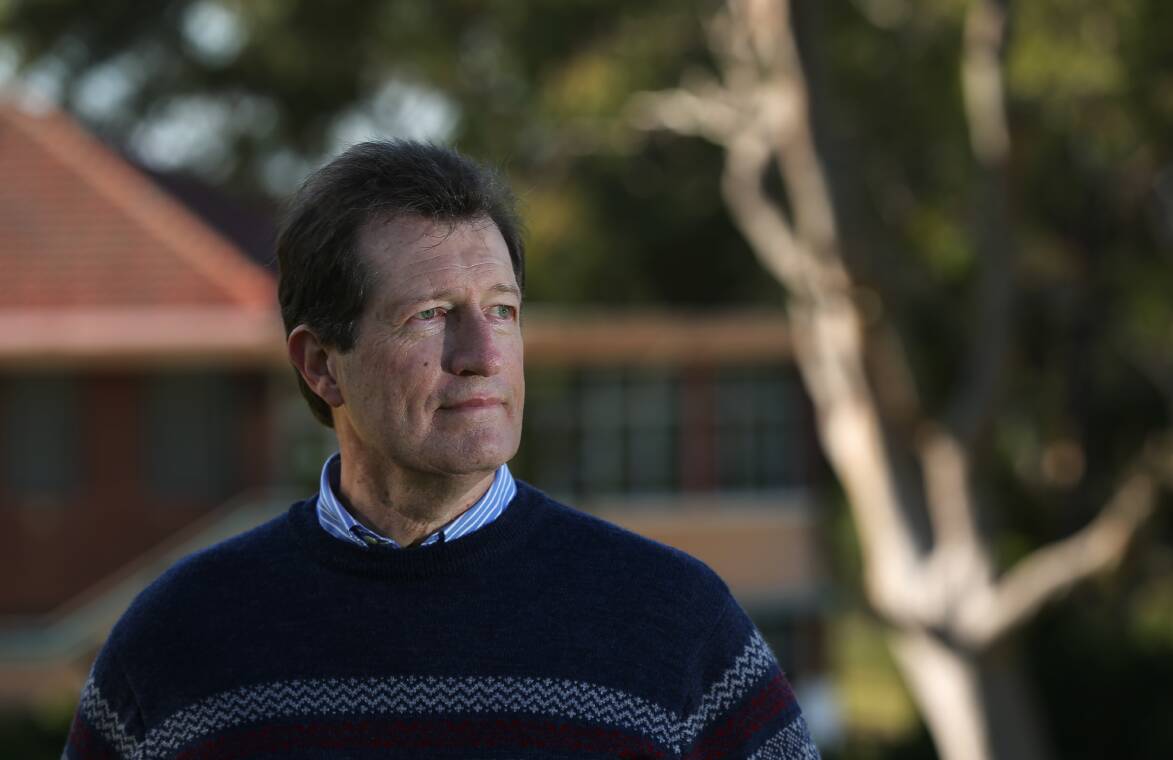
A VIRUS laden winter lies ahead, with COVID-19 and influenza "co-circulating" to put additional pressure on the Hunter's hospital emergency departments.
Hunter New England is averaging one-to-two COVID-related deaths a day, with case numbers varying between about 1000 and 2500 a day, public health physician Dr David Durrheim has told the Newcastle Herald.
More than 20 aged care facilities in the region currently have COVID-19 outbreaks "on the go", but health authorities are also concerned about an early spike in influenza which is having a "big impact" on children.
It comes as about 2000 workers are absent from hospitals on an average day across NSW.
"Last week, the John Hunter Hospital had 255 respiratory presentations - usually at this time of year it is 153," Dr Durrheim said.
"That's a big jump, and 118 of those were children under the age of five. Children up to three years of age have never been exposed to flu before, because we closed our borders and the measures we took completely eliminated influenza for nearly three years."
Of the 255 people who presented to John Hunter Hospital with influenza or COVID-19 last week, 68 had to be admitted.
"It is busy in our EDs at the moment because they are getting hit by this dual wave of BA 2 and influenza," Dr Durrheim said.
Hunter New England respiratory illness data shows that five weeks ago, there were 17 confirmed cases of influenza A recorded in the region. Flu cases have jumped to 431 in subsequent weeks.
"Four weeks ago, we had 88 flu cases," Dr Durrheim said.
"Three weeks ago we had 293. Two weeks ago, there were 352. Last week, and still counting, there were 431."
He said the community tolerance of this phase of the pandemic was "surprising" and "remarkable" given COVID-19 was still widely distributed throughout the region.
"I think we may see a change in winter," he said.
"We'll be driven indoors by the cold, which is to the virus' advantage.
"We might see people modify their behavior again, make sure they are vaccinated against COVID and influenza and resurrect their facemasks which have proven so valuable during the highest risk times of COVID."







